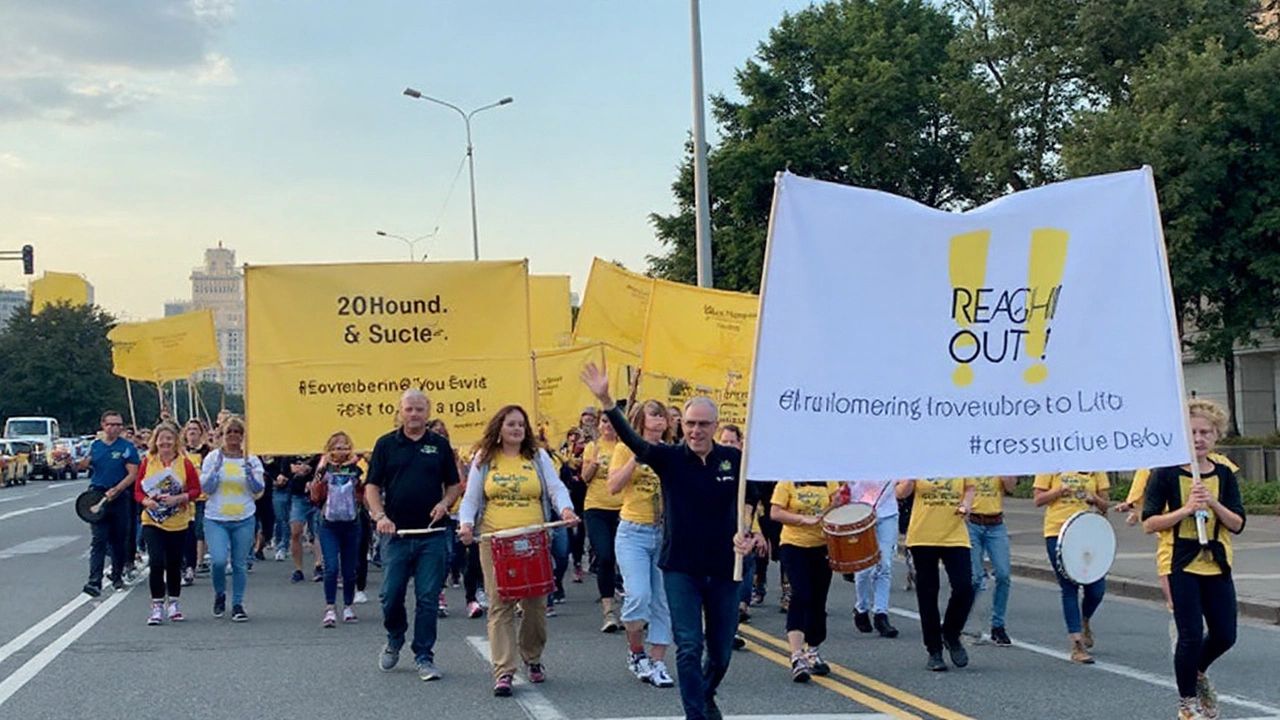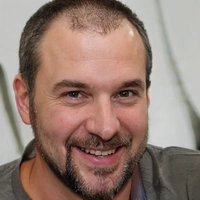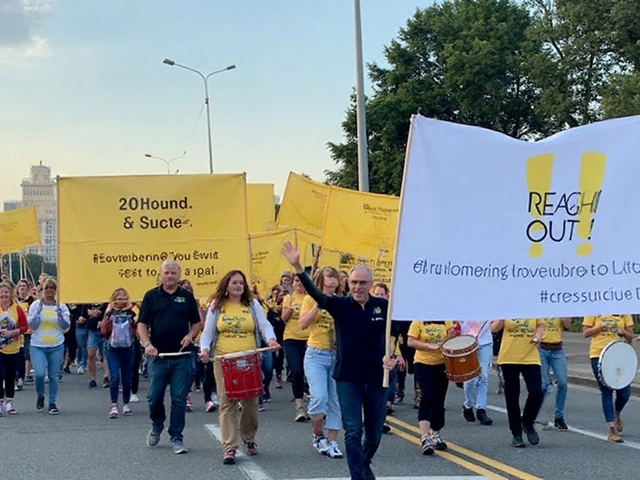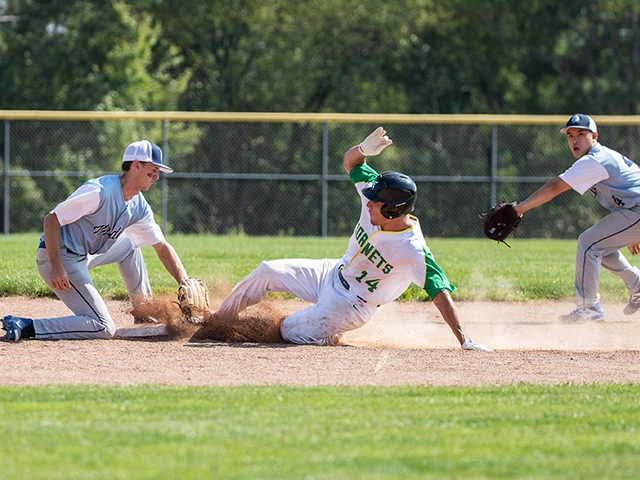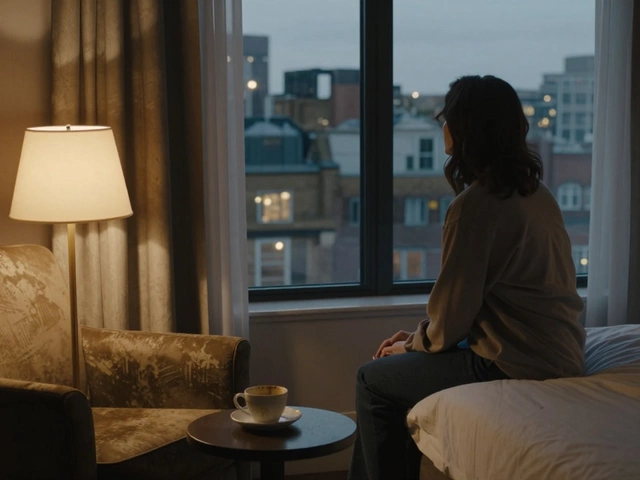Salford turns remembrance into action
Candles, songs, and quiet moments brought Salford together on Tuesday, 10 September, as the city marked World Suicide Prevention Day with a full day of events built around one idea: remembrance is powerful, but action saves lives. From morning training sessions to an evening vigil and procession, the message was consistent—no one should face suicidal thoughts alone, and help needs to be easier to find and faster to reach.
The centrepiece was the World Suicide Prevention Day Vigil & Procession of Remembrance at 6:30pm, run by the award‑winning Reach Out; Start to End Suicide initiative under the Salford mental health charity START. Backed by the Salford Integrated Care Partnership and Greater Manchester Integrated Care Partnership, the vigil drew people who have lost loved ones, frontline workers, faith and community leaders, and residents who simply wanted to stand alongside their neighbours.
The line‑up reflected the breadth of the city’s response: poet Andy Green, Clare Mayo from Salford Council and GM NHS, Jenni Smith of Loaves & Fishes, performer H2S, Judd Skelton who chairs the Greater Manchester Suicide Prevention Executive, Kasia Halani from Jak’s World, Mayor Paul Dennett, Streetwise Opera, and Salford Council chief executive Tom Stannard, among others. The mix of readings, music, and reflection gave space for grief—while keeping sight of practical steps to prevent future loss.
These gatherings stick with people. One attendee called it “very moving and poignant… a profound event which raises awareness of suicide, reducing stigma and helping to push for change.” Another described “a fantastic evening on so many levels… very informative about suicide, its impact and prevention,” noting that personal stories and songs landed hardest.
Vigils can’t replace services, but they do something services alone can’t: they make the issue visible, human, and local. Standing together lowers stigma, and stigma is often what keeps people quiet. When leaders, charities, and families share the same space, it sends a simple signal—talking about suicidal thoughts is allowed here, and help is not a test you have to pass.
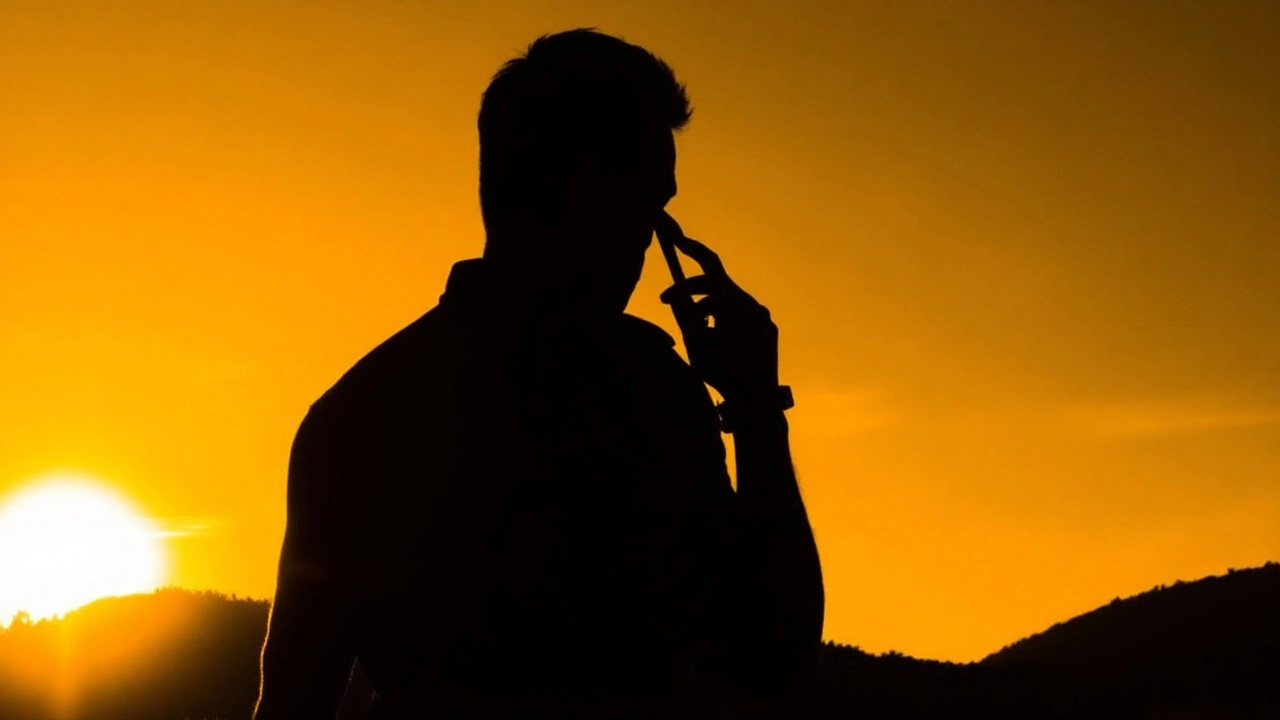
Training by day, remembrance by night
While the evening focused on remembrance, the daytime belonged to skills, support, and the nuts and bolts of prevention. Jak’s World—a charity founded in loving memory of Jakub Halani—hosted the Salford Suicide Prevention Conference 2025 from 9:30am to 4:30pm at the Salford Lads Club in Ordsall. The location means something to many Salford families, and so does the format: practical sessions, straight talk, and a focus on the gaps that young people keep falling through.
Jak’s World aims to meet people where they are, not where a referral letter says they should be. The charity blends suicide first aid with the kind of everyday help that actually keeps someone afloat—money worries, job searches, getting through education, and finding creative outlets. It’s the sort of “whole person” support that often makes the difference between a wobble and a crisis.
Across the day, conference speakers and facilitators drilled into what happens long before a 999 call: missed signs, long waits, and the pressure cooker of social media that convinces young people they should be coping better than they are. The charity’s model builds guardrails early. Its offer includes:
- Emotional health first aid and suicidal thoughts first aid—how to ask, how to listen, what to do next.
- Career and education guidance—so the next step isn’t a cliff edge.
- Finance management—budgeting and benefits advice to ease the grind that turns stress into crisis.
- Job application and interview support—to turn a stalled CV into a plan.
- Music production at Jak’s World Studio—creative space that gives people a reason to show up and connect.
The point is simple: when life gets more manageable, the risk drops. Training teaches people how to spot danger and respond, but scaffolding—work, money, connection—keeps people steady long after a workshop ends.
Greater Manchester ran a parallel virtual event from 10am to noon as part of its Month of Hope 2025, focusing on consistent standards and safer communication. That included a look at the British Standards Institution’s guidance on suicide awareness and discussion of media reporting guidelines—the nitty‑gritty that can stop harmful coverage and encourage help‑seeking. For a region that treats prevention as everyone’s job, aligning on language and practice matters.
START’s Reach Out; Start to End Suicide has become the local backbone for this work. Its teams combine art, community action, and training to keep conversations going throughout the year, not only when the calendar pauses in September. The initiative’s reputation comes from staying power: turning remembrance into relationships, and relationships into lives saved.
That consistency was clear on Tuesday. Elected leaders stood with families. Health officials stood with volunteers. Arts groups stood with clinicians. It’s not glossy—just human. The photos and performances will fade; what tends to last are the new contacts swapped over tea and the feeling, on the walk home, that asking for help will be taken seriously.
Talking openly about suicidal thoughts can feel risky. Done well, it’s protective. People worry about “putting ideas in someone’s head.” The evidence points the other way: asking directly, without judgment, gives people permission to tell you how bad it really is. The heavy lift is what follows—staying calm, keeping the person safe, and guiding them to support that won’t leave them waiting months.
So what does “done well” look like in real life? It looks like communities building the muscle memory to notice, ask, and act. It looks like managers and teachers getting basic training so they aren’t frozen when a disclosure arrives at 4:45pm. It looks like youth spaces where phones aren’t the only lifelines and music studios double as safe rooms. And it looks like charities and councils agreeing on a simple local route to care so no one bounces between services.
If you’re worried about someone right now, keep it simple and direct. You will not make things worse by asking about suicide. You may open a door that has been shut all year. Here’s a quick guide people in the field use:
- Ask plainly: “Are you thinking about suicide?” Then listen more than you speak.
- Remove immediate dangers if you can do so safely. Stay with the person if they’re at risk.
- Encourage urgent help: call 999 if there’s immediate danger. For non‑emergency medical advice, call NHS 111.
- Offer crisis lines: Samaritans 116 123 (free, 24/7). Text SHOUT to 85258 for confidential text support.
- Agree the next step: a GP appointment, a call to a crisis team, or going together to A&E if needed.
All of that sits alongside the slower, steadier prevention work. The Month of Hope will keep the spotlight on training and community events. Schools will take lessons from this week back into classrooms. Workplaces will update policies and try to make mental health support feel less like a tick‑box. And charities like START and Jak’s World will keep doing the unglamorous jobs: calling people back, meeting them where they are, and staying present after the headline days move on.
Tuesday didn’t try to pretend that grief can be fixed with a speech or a song. What it did was create the kind of space where courage shows up—on stage, in the aisle, and at the back of the hall—then tie that courage to practical routes to safety. That’s the promise people carried away from Salford: remembrance, yes; and also a plan, a phone number, a training date, a face they can find again when the next hard day hits.
